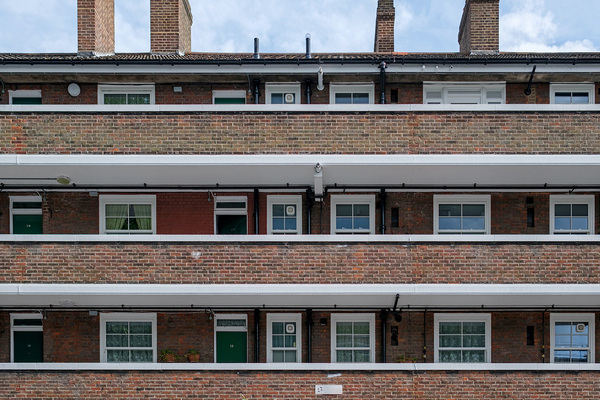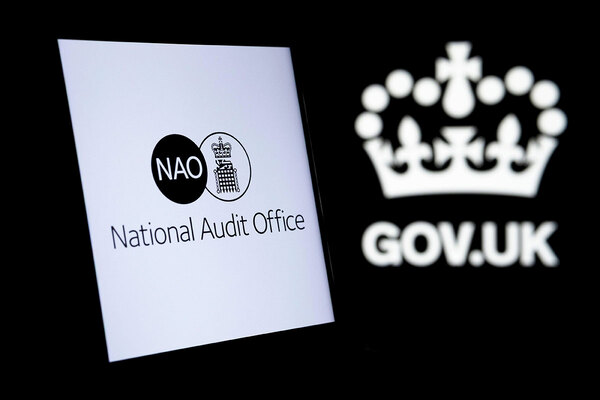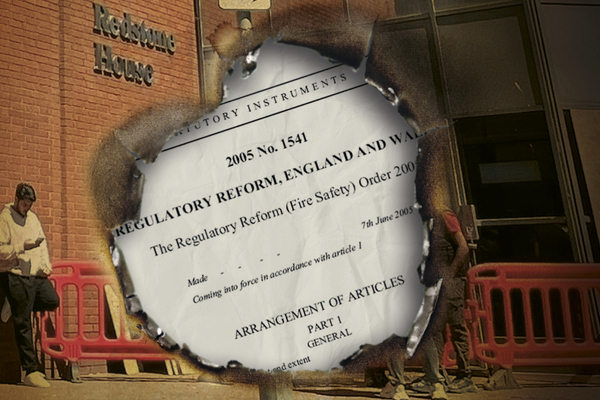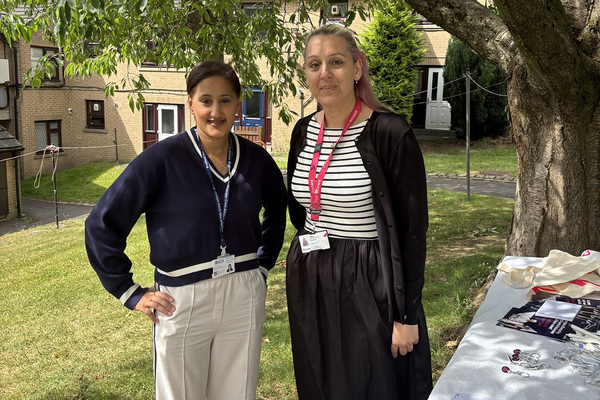You are viewing 1 of your 1 free articles
Campaign group warns disability cuts will push people into homelessness
Generation Rent has warned that the proposal to cut the number of people who can claim Personal Independence Payment (PIP) will lead to many disabled private renters being forced out of their homes.

The concern comes as the second reading of the government’s Universal Credit and Personal Independence Payment Bill is due to take place on Tuesday.
The government announced a U-turn last week and tabled amendments on Monday to stave off a growing rebellion from around 120 Labour MPs who also warned that the planned welfare cuts – aimed at saving £5bn annually – were rushed and would hurt vulnerable people.
The initial proposals, aimed at bringing down the welfare bill, would have made it harder for people to claim PIP, a benefit that is paid to 3.7 million people who have a long-term physical or mental health condition.
The backlash has resulted in major concessions to the rebel MPs, including limiting PIP cuts to only new claimants.
The government also reversed its plans to freeze the health-related component of Universal Credit. The payment will now rise in line with inflation for existing recipients.
Generation Rent’s concern comes as the Office for National Statistics recently reported in its ‘private rent and house prices’ figures that average rents across the UK have increased by 7.4% to £1,335 in the 12 months to April 2025.
The campaign group highlighted research from disability charity Scope which found that disabled households need an additional £1,010 a month to have the same standard of living as non-disabled households. People who receive PIP get between £295 and £737 every four weeks depending on the severity of their condition.
Meanwhile, disabled renters are more likely to claim housing benefit. According to research from housing charity Shelter, half (51%) of private renting households that claim housing benefit or the housing element of Universal Credit include a disabled person, compared with less than one in three of all private rented households.
Research by homelessness charity Crisis in April found the government’s decision to freeze Local Housing Allowance (LHA) means only 2.5% of homes advertised for rent in England are affordable for people claiming LHA or the housing element of Universal Credit.
LHA rates were restored to the 30th percentile of local market rents in April 2024, at a cost of approximately £7bn over five years across Great Britain.
The government explained that any future decisions on LHA policy will be taken in the context of its mission, goals on housing and the fiscal context.
Ben Twomey, chief executive of Generation Rent, said: “Forcing people into poverty doesn’t help them overcome it. Soaring rents and the Local Housing Allowance freeze mean many disabled renters rely on their Personal Independence Payment to help pay their rent.
“The government’s proposals will force people to make impossible decisions like between eating, heating or keeping their homes. Far from improving opportunities for employment, this will push many over the edge and into homelessness.”
Plans for the cuts have raised concerns from across the sector.
Duncan Shrubsole, chief executive of St Martin-in-the-Fields Charity, told Inside Housing in March that tightening eligibility for PIP could cause “massive issues” for housing and housing benefit “which haven’t necessarily been clocked”.
Nic Bungay, director of housing, strategy and innovation at Habinteg Housing Association, also made a similar point.
Housemark has warned that if just 5% of the UK government’s planned welfare cuts result in unpaid rent, arrears for social landlords could rise by as much as £240m.
A Department for Work and Pensions spokesperson said: “Ministers have repeatedly recognised how anxious people are when there is talk of reform, which is why we will never compromise on protecting people who need our support.
“Our Plan for Change commits to delivering the biggest boost for affordable and social housing in a generation, backed with by £39bn in investment over 10 years, while our reforms mean the social security system will always be there for those who will never be able to work.”
The government has announced plans for a review of the PIP assessment to be led by Sir Stephen Timms, minister for social security and disability, and “co-produced” with disabled people.
Sign up for our care and support newsletter
Already have an account? Click here to manage your newsletters
Latest stories










